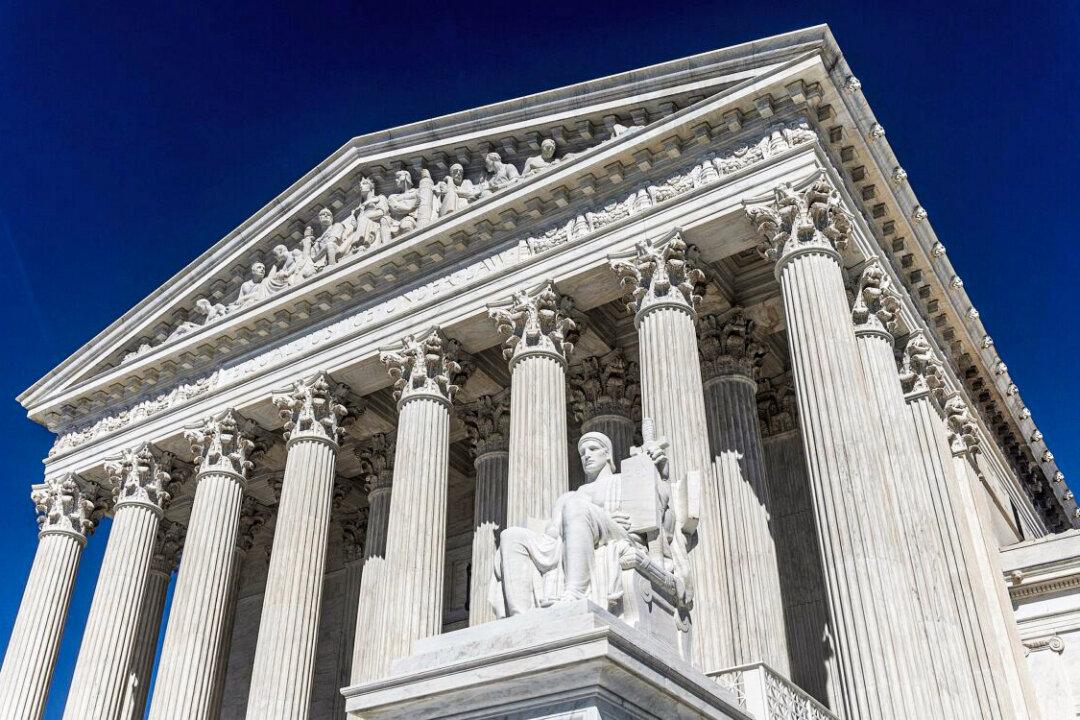An illegal alien under a deportation order isn’t entitled to a bond hearing after six months of detention, the Biden administration told the Supreme Court during a Jan. 11 hearing.
At issue is whether Zadvydas v. Davis, a 2001 Supreme Court ruling that found that federal law provides an implied time limit of six months for the immigration detention of noncitizens when their removal isn’t “reasonably foreseeable,” applies to detainees who have been ordered to be removed from the country.





